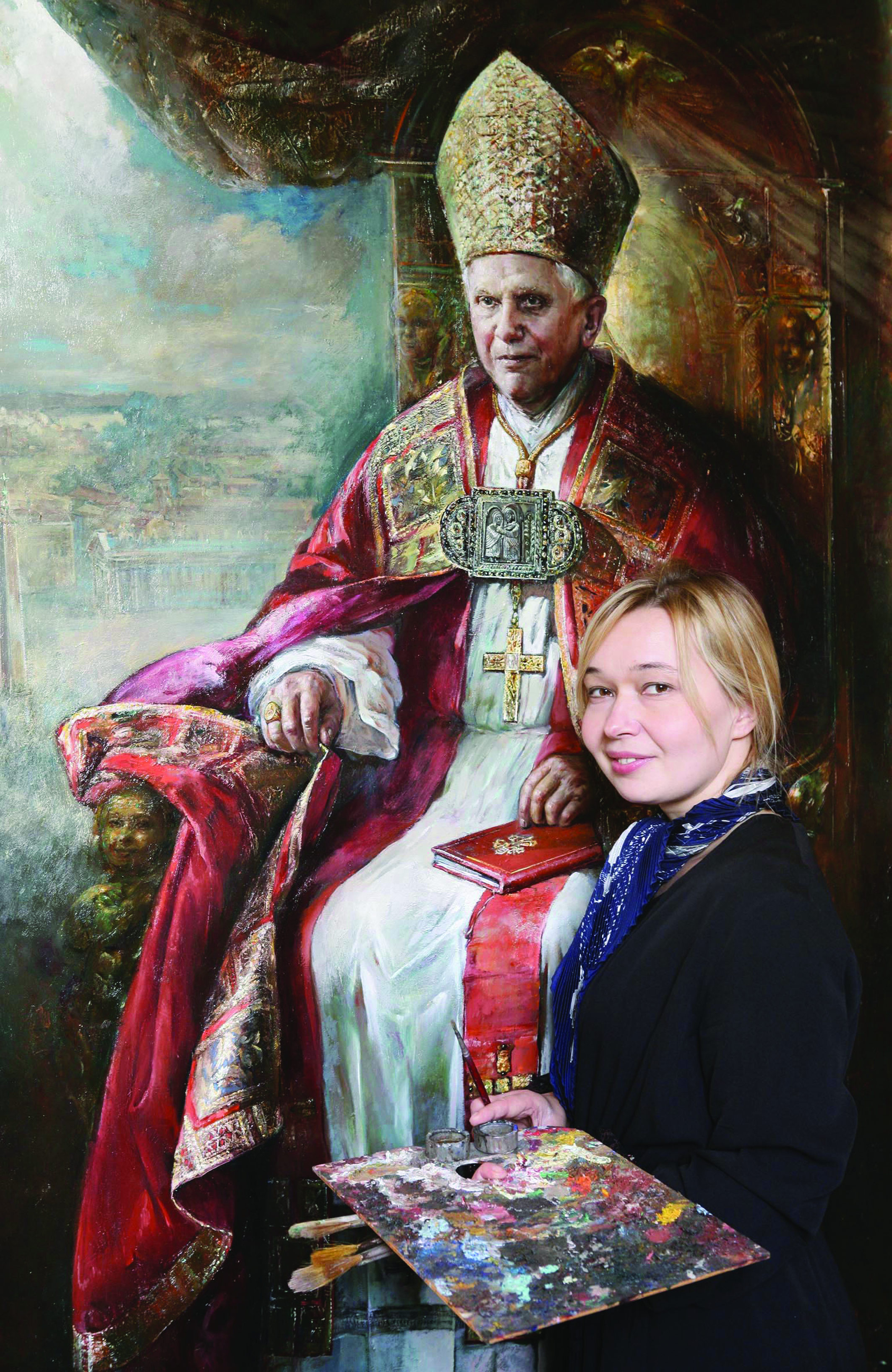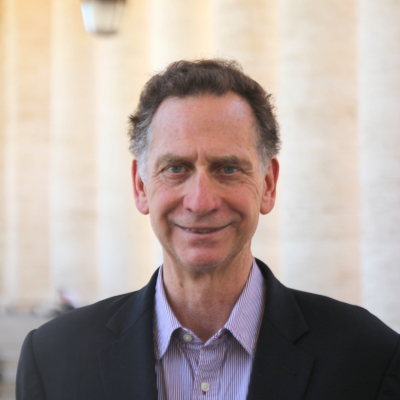“I do not understand my own actions… For I do not do the good I want, but the evil I do not want, that I do… For I delight in the law of God in my inmost self, but I see in my members another law at war with the law of my mind, making me captive to the law of sin that dwells in my members. Wretched man that I am! Who will rescue me from this body of death?”
—St. Paul, Letter to the Romans, 7:15-24
“To feel ashamed before God is a grace.”
—Pope Francis, homily at morning Mass, October 25, 2013
“Be ashamed when you sin, not when you repent.”
—St. John Chrysostom
Pope Francis’ homily on the morning of October 25 in the Domus Santa Marta focused on the Sacrament of Reconciliation: on turning toward God to seek forgiveness for sins committed. And in his homily, Francis used a remarkable phrase. He spoke of “the grace of shame” which leads men and women to repent of their sins and to seek the healing of forgiveness.
This phrase is remarkable — and counter-cultural. We live in a world which normally regards shame, and a sense of guilt, as anything but a grace — but rather as something that is oppressive, neurotic, to be avoided.
In this context, saying that “shame” is a “grace” goes directly against the relativistic trend of our time.
In saying that “to feel ashamed before God is a grace,” Francis is saying something quite dramatic about the moral life of men and women.
It is an anthropological statement about human conscience, about human consciousness of, and shame for, immoral action. It is the assertion that there is a standard, a measure (a moral law) against which human behavior may be judged as “right” or “wrong.”
But modern relativism claims there is no such absolute standard. And modern therapeutic psychology concurs, arguing (I am simplifying here) that shame for sin is more like a pathology, an illness, than a grace.
So Francis in his homily, speaking of “the grace of shame,” was saying something directly at odds with the predominant thinking of modern Western secular, relativistic, “therapeutic” culture.
But his remarks were hardly noticed, or publicized, in the media.
The media has given much attention to other remarks by Francis of a very different character. One example: his words in the July 28 interview on the flight back from Brazil about someone struggling with homosexual tendencies: “Who am I to judge?” Those words were reported around the world. (But note: his words on that occasion were qualified; he said if the person has good will and is in the process of seeking forgiveness for grave sins, we should be welcoming and non-judgmental; he was not talking about those who persistently sin against the laws of God and do so without remorse; he did not say we couldn’t or shouldn’t criticize that. Indeed, in that very press conference on the plane, Francis himself criticized lobbies which campaign against the teachings of the Church, including movements which try to redefine marriage).
So there are clearly criteria the press is using to decide what to report of what Francis says. And those criteria are: to report more fully on what he says that can be interpreted as supportive of the relativistic, post-Christian worldview that dominates our time, and to report less, or not at all, on what he says that is in harmony with traditional Catholic faith and in no way a concession to the “spirit of the age.” So there is reason to be vigilant when we hear Francis has said something “controversial.” We must ask, “What else did he say?” or “What was the context for what he said?” And if we listen to the “else,” we will often find that it is not only fully orthodox, but also extraordinarily profound.
In this case, Francis spoke in a profound way about sin, shame, repentance, and forgiveness. To go to confession, Francis said, is to encounter the love of Jesus with sincerity of heart and with the transparency of children, not refusing, but even welcoming the “grace of shame” that makes us perceive God’s forgiveness. But for many believers, especially adults, confessing to a priest can seem to be an unbearable effort. This often leads Catholics to avoid the sacrament.
But, Francis says, St. Paul does exactly the opposite: he admits publicly to the community that “good does not dwell in me, that is, in my flesh.” Francis said: “This is the struggle of Christians. It is our struggle every day. And we do not always have the courage to speak as Paul spoke about this struggle.”
Confession of sins, done with humility, is something the Church requires of all of us, Francis noted. He cited the invitation of St. James: “Confess your sins to one another.” And one must do so with the “concreteness” of St. Paul, he said. “Some say: ‘Ah, I confess to God.’ But that’s easy, it’s like confessing by email, no? God is far away, I say things and there’s no face-to-face, no eye-to-eye contact. Paul confesses his weakness to the brethren face-to-face.” And here the Pope stressed that we must imitate children: “Little children have that wisdom: when a child comes to confess, he never says something general. ‘But Father, I did this and I did that to my aunt, another time I said this word,’ and they say the word. They are concrete, eh? They have that simplicity of the truth. And we always have the tendency to hide the reality of our failings.
“But there is something beautiful: when we confess our sins as they are in the presence of God, we always feel that grace of shame. Being ashamed in the sight of God is a grace. It is a grace: ‘I am ashamed of myself.’ We think of Peter when, after the miracle of Jesus on the lake, [he said] ‘Depart from me, Lord, for I am a sinner.’ He is ashamed of his sins in the presence of the sanctity of Jesus.”
Going to confession, the Pope said, is “going to an encounter with the Lord who forgives us, who loves us. And our shame is what we offer him: ‘Lord, I am a sinner, but I am not so bad, I am capable of feeling ashamed.’” Francis concluded: “Let us ask for the grace to live in the truth without hiding anything from the Lord and without hiding anything from ourselves.”





Facebook Comments